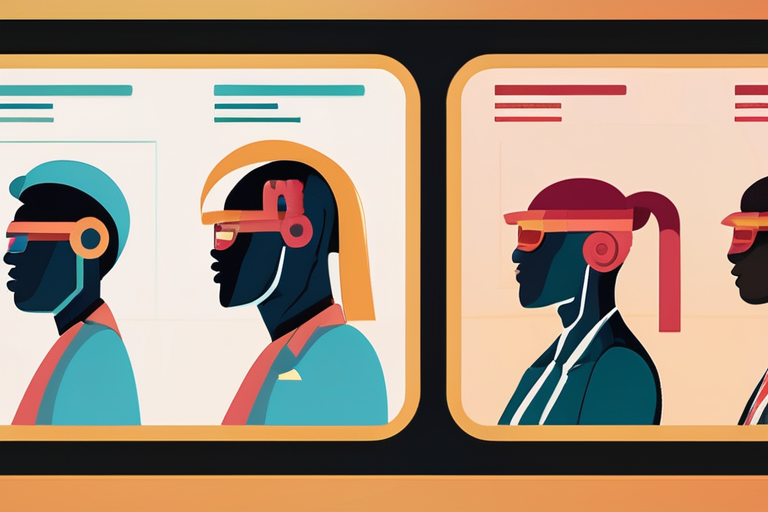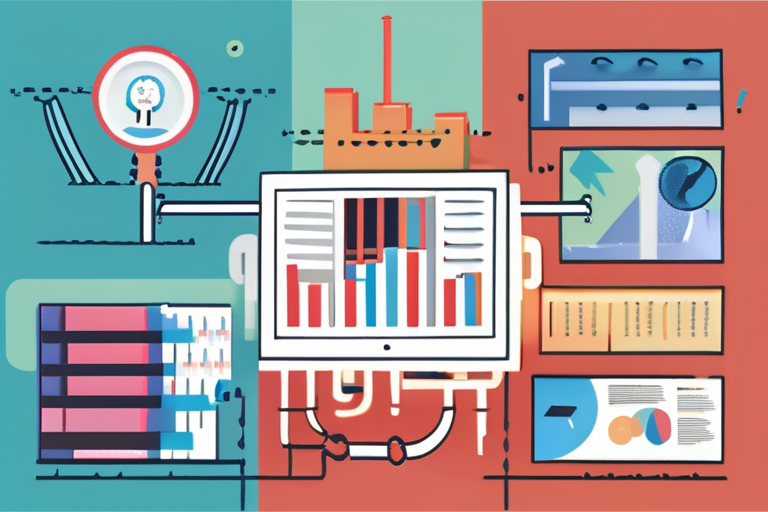Stereotypes Embedded in AI Training Data: A Hidden Bias in Hiring Decisions


Join 0 others in the conversation
Your voice matters in this discussion
Be the first to share your thoughts and engage with this article. Your perspective matters!
Discover articles from our community

 Hoppi
Hoppi

 Hoppi
Hoppi
 Hoppi
Hoppi

 Hoppi
Hoppi

 Hoppi
Hoppi

 Hoppi
Hoppi

Farm Worker Claims Ice Targeted Him for Organizing Labor Rights, Leaves US for Mexico A farm worker who organized for …

Hoppi

Mercedes EV Sets New Distance Record with Solid-State Battery Tech A team of Mercedes engineers has successfully completed a 749-mile …

Hoppi
Poland Hits Back: A New Chapter in the Ukraine War As the sun rose over Warsaw on September 10, 2025, …

Hoppi

Yext Scout Navigates Brands Through AI-Powered Search Uncertainty In a rapidly changing search landscape, Yext's AI-powered Scout platform is helping …

Hoppi

Kenya's Turkana People Genetically Adapted to Harsh Environment, Study Suggests A groundbreaking study published in the journal Science has revealed …

Hoppi

Poland's Oscar Selection: Agnieszka Holland's 'Franz' Takes Center Stage In a move that has sent shockwaves through the international film …

Hoppi